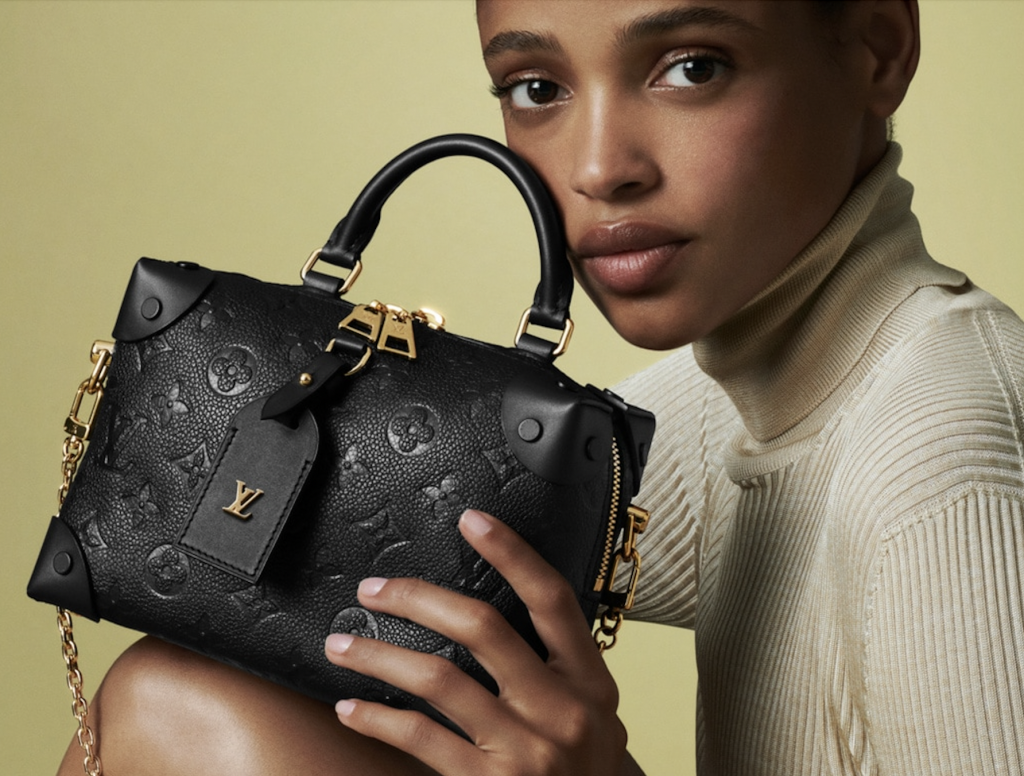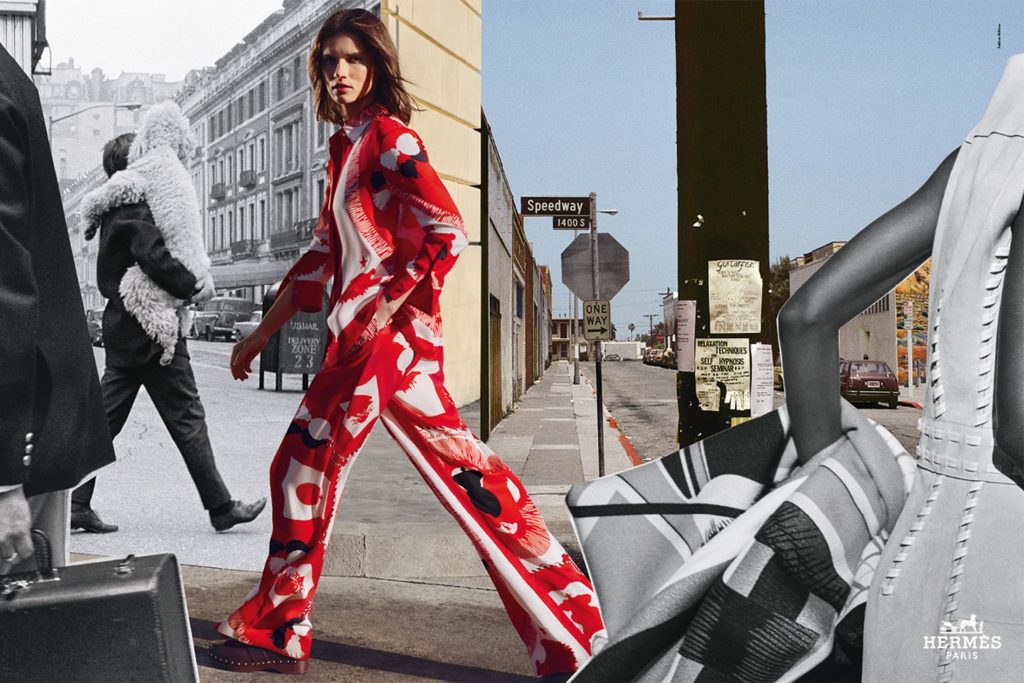Louis Vuitton’s parent company LVMH Moët Hennessy Louis Vuitton has taken the top spot on the list of the most valuable companies in Europe, after its market cap topped €264 billion ($312.88 billion) in late February, giving it a greater value than other giants, such as Swiss multinational food and drink processing conglomerate Nestlé S.A. (€242 billion), Swiss pharmaceutical giants Roche and Novartis, and Total SA, which is the biggest oil and gas company in France, according to a new report from financial services firm Finaria.
“Trading at around €531 ($629),” Euronext Paris-listed LVMH’s shares have surged by 40.64 percent on a year-over-year basis, according to Finaria’s calculations, and by almost 10 percent over the past three months, alone, driven, in large part, by “investor optimism.” In a recent report on LVMH, which managed to generate sales of 44.7 billion euros ($54.5 billion) for the 2020 fiscal year despite a 17 percent drop, Seeking Alpha noted that the French luxury conglomerate is trading “close to all-time highs with investors seemingly not concerned about the future of the luxury business during and after the pandemic.”
Meanwhile, Bloomberg’s Albertina Torsoli asserted early this year that while “the coronavirus pandemic is still raging throughout large parts of the world and China [was] facing a resurgence of the outbreak, investors keep pushing luxury-goods stocks” – such as those of LVMH, Hermès International, and Kering SA – higher, seemingly “undeterred by near-record valuations.” The “quality of the businesses and their substantial position in the stock market are causing some investors to compare the companies to U.S. technology behemoths,” Torsoli claimed in January, citing Blackrock European Dynamic Fund manager Giles Rothbarth, who said, “We view European luxury companies as the European stock market equivalent of U.S. tech: businesses that are unrivaled in their global dominance.”
As for the fate of the luxury titans going forward, Bernstein analyst Luca Solca noted in connection with Hermès’ full year result last month that luxury brands across the board are subject to multiple risks tied to COVID, including a potential for “a material downward correction to GDP growth and to a sharp decline in consumer demand – and possibly medium-term damage to consumer confidence and propensity to spend.” After all, Solca states, “We are on ‘terra incognita’ in terms of duration, impact and effectiveness of measures” when it comes to COVID, “as this scenario has become worse than 2008.”
He also asserted that additional “uncertainty remains regarding the plummeting oil price, upheavals in Hong Kong and the Sino- American trade confrontation. Luxury is cyclical and would suffer a triple whammy blow in a recession: 1) slower or negative top line growth would cause: 2) operating de-leverage – as luxury is a fixed cost industry,” meaning that “valuation multiples would typically contract in that environment.” And among other things that could weigh down stock prices, he notes that “luxury sales thrive on customers feeling affluent and secure in their wealth,” which means that “a higher interest rate environment would dampen asset prices and cause the richer to feel poorer: this would be a severe blow to luxury.”
Given that “asset price trends are important to support confidence of luxury consumers,” he says that “he Chinese real estate market and the U.S. stock market are the bellwethers,” while at the same time, “higher taxation of upper income brackets, higher property taxes or other government actions … would be a sector headwind.”
Still yet, another potential risk cited by at least some analysts: The chance that a return to some semblance of pre-pandemic normalcy may lead consumers to splash out on things other than luxury goods, i.e., the things they have been unable to enjoy in the midst of sweeping lockdowns and social distancing measures. So much of investors’ optimism when it comes to luxury stocks rests on the booming rebound in China, especially as brands boasted better-than-expected quarterly results in late 2020 and early this year catapulting the likes of LVMH and Hermès’ stock prices. However, some analysts are cautious, with Bloomberg, for instance, noting speculation that COVID-19 restrictions will continue to negatively impact the luxury segment this year, even among luxury-happy Chinese buyers, and ultimately, that when restrictions are lifted, consumers very well may look to spend on “travel and eating out rather than on the latest handbag.”











